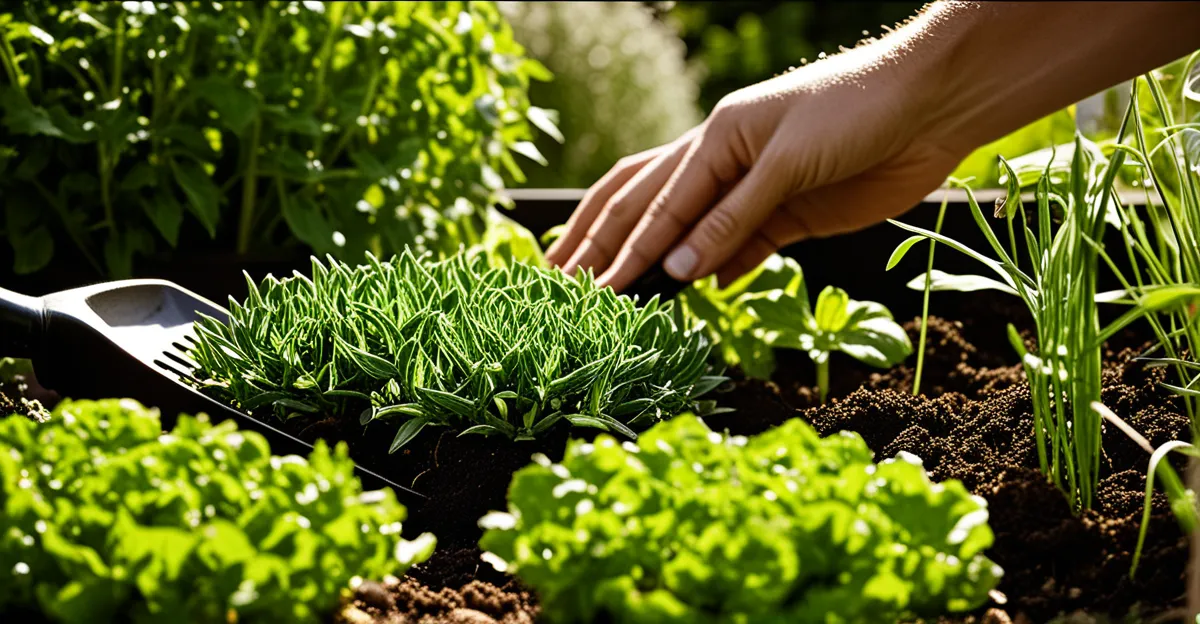Actionable Strategies for an Eco-Friendly Garden
Making sustainable choices for a thriving outdoor space
Eco-friendly gardening revolves around mindful practices that nurture both your garden and the planet. Prioritising native plants is crucial—they are adapted to local climate and soil, needing less water and fewer resources while supporting local wildlife. Selecting these species promotes a sustainable garden that reduces environmental strain.
Also to see : Maximizing Space in Your Compact English Home: Essential Tips
Moving away from chemical fertilisers and pesticides limits pollution and protects beneficial insects. Instead, adopting natural pest control methods like companion planting fosters a balanced ecosystem. Composting is a cornerstone of environmentally conscious gardening; by recycling kitchen scraps and garden waste, you create nutrient-rich compost that improves soil fertility naturally. Even small spaces can support composting with bins or worm farms.
These strategies not only enhance plant health but also encourage biodiversity and resilience. Implementing them gradually allows gardeners to witness tangible benefits while contributing positively to the environment. By embracing these sustainable garden tips, anyone can cultivate an eco-friendly garden that thrives with minimal impact.
Additional reading : How Can You Transform Your Space with Simple Home Living Tips?
Harnessing Natural Resources for Sustainable Gardening
Efficient ways to save water and reuse household resources
Implementing rainwater harvesting is a practical strategy in eco-friendly gardening that reduces dependence on municipal water. Setting up collection systems, such as barrels or tanks beneath downspouts, allows gardeners to capture and store rainwater. This water is naturally soft and chemical-free, ideal for watering plants. Regular maintenance ensures clean storage, preventing mosquito breeding or contamination.
Water conservation goes beyond harvesting. Techniques like mulching around plants reduce evaporation, keeping soil moist longer. Grouping plants with similar water needs together minimizes waste by tailoring irrigation. Drip irrigation systems deliver water directly to roots, lowering consumption and evaporation compared to sprinklers.
Using greywater—mildly used household water from baths or sinks—is another sustainable option. When safely filtered and free of harmful chemicals, greywater can irrigate ornamental plants and lawns. To maximize safety, avoid using greywater on edible crops and use biodegradable soaps. These combined water-saving strategies create a resilient garden that thrives with less environmental impact, aligning perfectly with environmentally conscious gardening practices.









